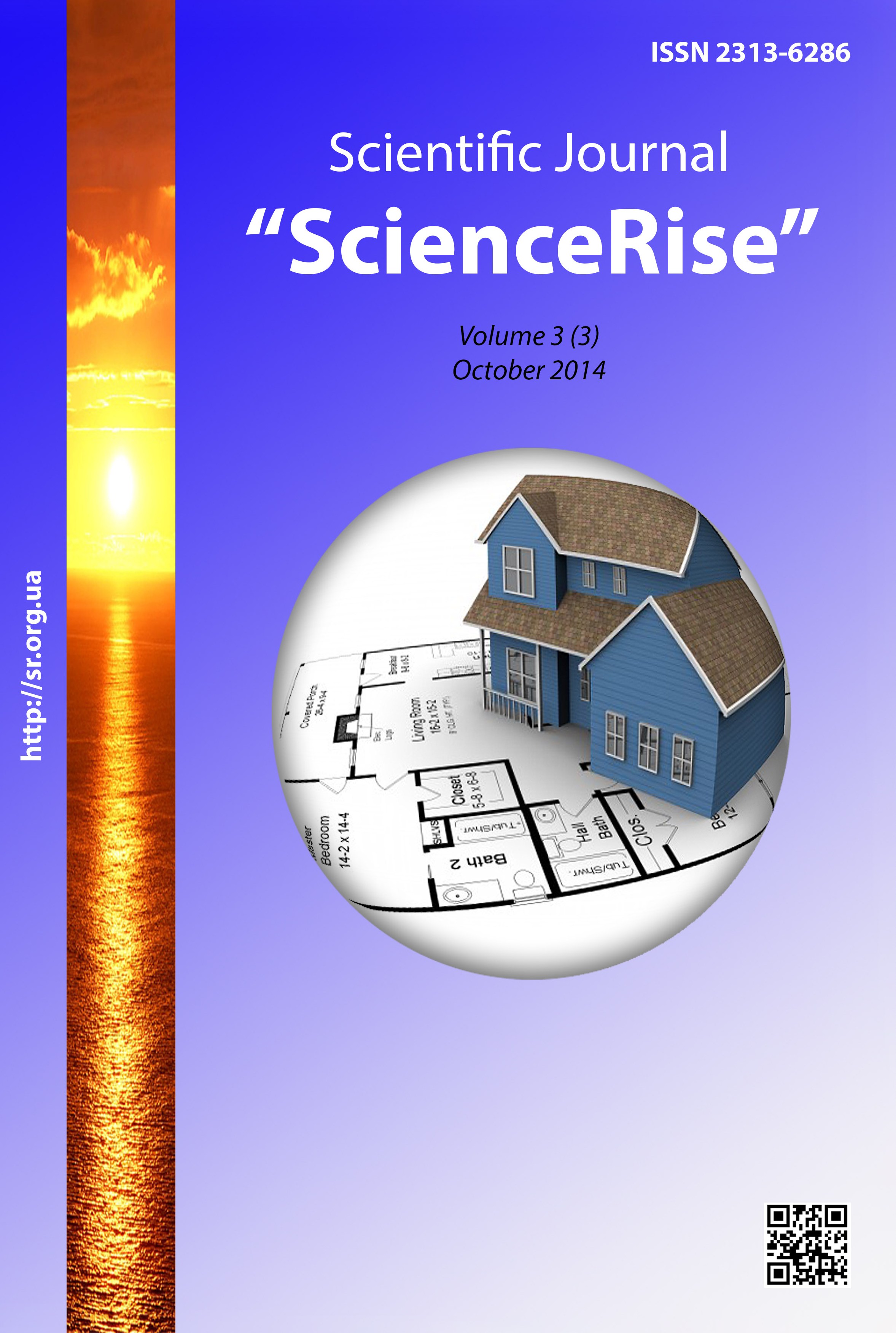Формування змісту розвитку професійно значущих якостей вчителя технології у післядипломній освіті
DOI :
https://doi.org/10.15587/2313-8416.2014.27466Mots-clés :
мета, завдання, етапи, зміст, модуль, безперервний розвиток, професійно значущі якостіRésumé
У статті розкрито основні вимоги до формування змісту розвитку професійно значущих якостей вчителя технології; встановлено взаємозв’язок між умінням визначати цілі, безперервним самовдосконаленням та місцем у зазначених процесах професійно значущих якостей; визначено основні завдання, етапи розвитку, очікувані результати та алгоритм самоаналізу професійно значущих якостей.
Références
Zinchenko, G. P. (1988). Nepreryvnoe obrazovanie [Continuing education - need of the hour]. Znanie, 63.
Kovalenko, I. V. Theoretical basis of research continuing education as an innovative system. Available at: http://cyberleninka.ru/article/n/teoreticheskie-osnovy-issledovaniya-nepreryvnogo-obrazovaniya-kak-innovatsionnoy-sistemy. (Last accessed: 12.09. 2014)
Bozhovich, L. I. (1981). Psihologicheskij analiz formirovanija i stroenija garmonicheskoj lichnosti. Moscow: Nauka, 301.
Masloy, A. G. (1999). Motivaciya i lichnost’ [Motivation and Personality]. Evraziya, 479.
Kraevskiy, V. V., Beregnova, E. V. (2008). Metodologiya pedagogiki: ucheb. posobie [dlya stud. vycsh. ucheb.zavedeniy] [Methodology of pedagogy: a new stage]. Moscow, Russia: Publishing Center "Academy", 400.
Gromkova, M. T. (2012). Pedagogika vycshey shkoly [Pedagogy of higher education]. JuNITI-DANA, 447.
Lobanov, A. P., Drozdova, N. V. (2008). Modul’ny podhod v sisteme vycshego obrazovaniya: osnovy strukturalizacii i metapoznaniya [Modular approach in higher education : the basics of structuralization and metacognition]. Minsk, Belarussia, 84.
Téléchargements
Publié-e
Numéro
Rubrique
Licence
(c) Tous droits réservés Ірина Михайлівна Ковальчук 2014

Cette œuvre est sous licence Creative Commons Attribution 4.0 International.
Our journal abides by the Creative Commons CC BY copyright rights and permissions for open access journals.
Authors, who are published in this journal, agree to the following conditions:
1. The authors reserve the right to authorship of the work and pass the first publication right of this work to the journal under the terms of a Creative Commons CC BY, which allows others to freely distribute the published research with the obligatory reference to the authors of the original work and the first publication of the work in this journal.
2. The authors have the right to conclude separate supplement agreements that relate to non-exclusive work distribution in the form in which it has been published by the journal (for example, to upload the work to the online storage of the journal or publish it as part of a monograph), provided that the reference to the first publication of the work in this journal is included.

